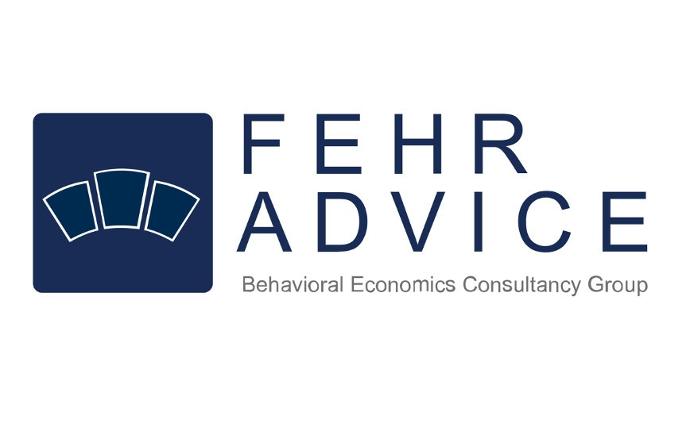Academy of Behavioral Economics 2022
The Power of Perspective-Taking: Tested Tools For a Post-Pandemic World, 4 May 2022
The Power of Perspective-Taking: Tested Tools For a Post-Pandemic World
Throughout human history, shocks have triggered innovation and behavioural change: the plague epidemics of the Middle Ages were followed by the rise of Europe, the Second World War by the rise of North America. Today, the coronavirus pandemic can be an occasion for companies to question and further develop business models.
A key management skill for success is perspective-taking: putting yourself in the shoes of others and understanding their perspectives, experiences and beliefs - customers as well as employees, suppliers and other stakeholders.
The latest behavioural economics research shows that people find it difficult to engage in perspective-taking. It is much easier for us to focus on our own beliefs and preferences. But there are experimentally validated tricks, that can be employed.
At the ninth Academy of Behavioural Economics, the most renowned experts in the field will introduce numerous evidence-based methods of perspective-taking along with strategies, tools and example business cases. Decision-makers from business and politics will learn value-based strategies to quickly and sustainably focus on their truly essential business ideas and thus keep their companies and institutions on track for success after the pandemic.
Learn from researchers and practitioners...
...why strategy is overrated and creativity underrated.
...how participatory strategy processes are designed.
..what institutions and companies need to consider for successful perspective-taking.
..how systematic interaction with employees defines the future of work.
...why perspective-taking leads to management excellence.
The event will take place in German and in English (no simultaneous interpretation)
Hashtag: #academy2022
Speakers
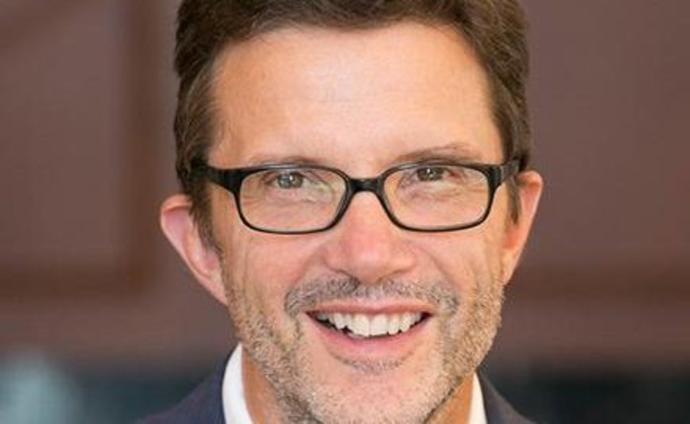
Felix Oberholzer-Gee
USA
Professor of Business Administration at Harvard Business School and author of "Better, Simpler Strategy". Oberholzer-Gee is a specialist in the digital transformation of modern companies. After completing his doctorate at the University of Zurich, he became a professor at the Wharton School of the University of Pennsylvania.
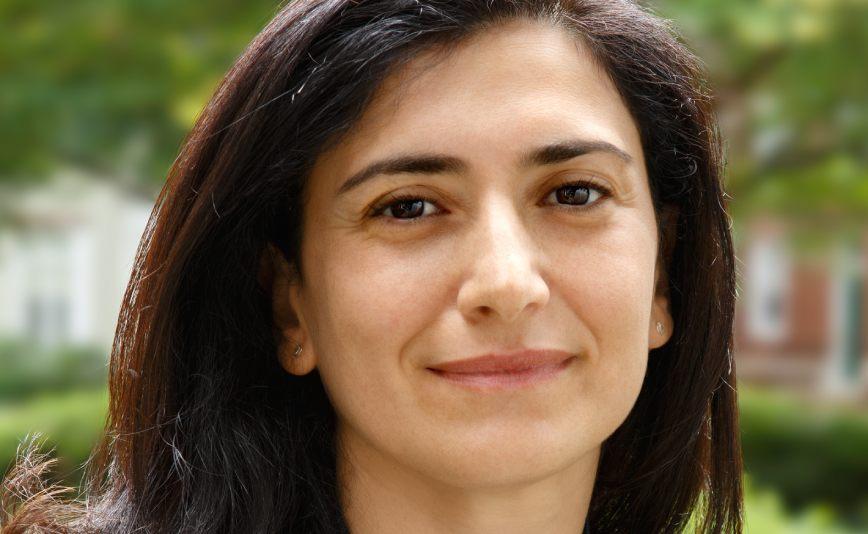
Raffaella Sadun
USA
Professor of Business Administration in the Strategy Unit at Harvard Business School. Sadun's research focuses on the economics of productivity, management and organizational change. Her research documents the economic and cultural determinants of managerial choices, as well as their implications for organizational performance in both the private and public sector.
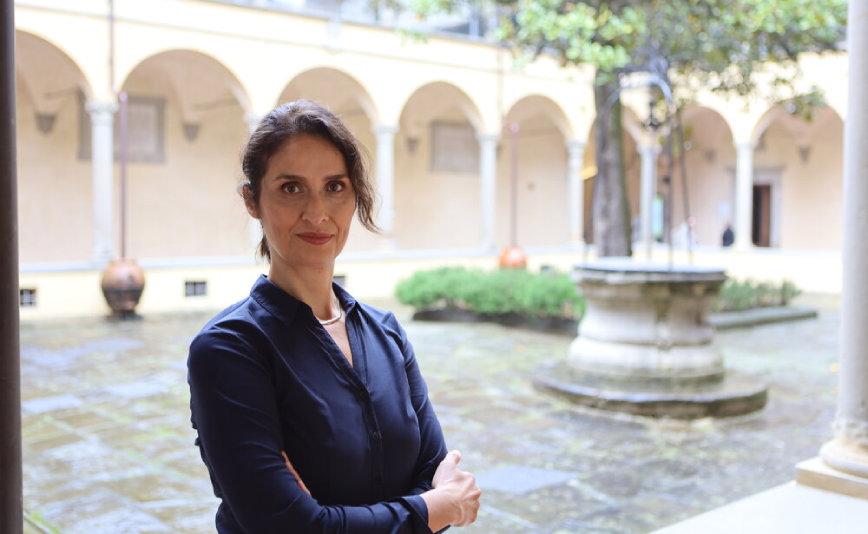
Sule Alan
Turkey
Professor of Economics at the European University Institute, Florence and at Bilkent University, Ankara. Alan is a board member of the Innovation in Government Initiative and co-chair of the Humanitarian Initiative at the Abdul Latif Jameel Poverty Action Lab. Her research interests include education, migrant integration, gender and household behavior. She is also a co-editor of the Economic Journal.
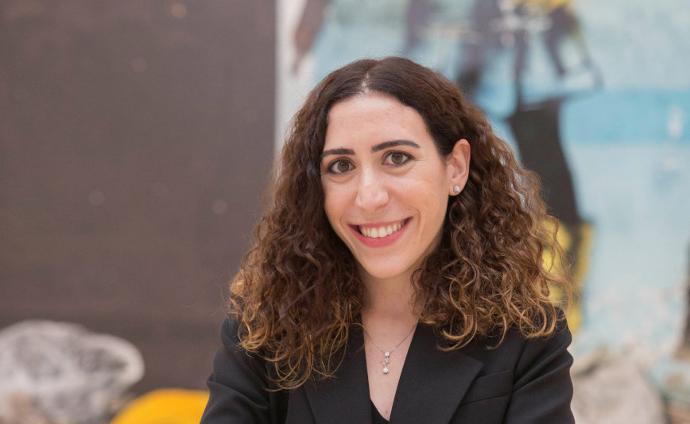
Gozde Corekcioglu Ishakoglu
Turkey
Assistant Professor of Economics at Kadir Has University in Istanbul. Corekcioglu Ishakoglu researches how Culture affects Economic outcomes, and works on Gender Inequality, and Political Economy.
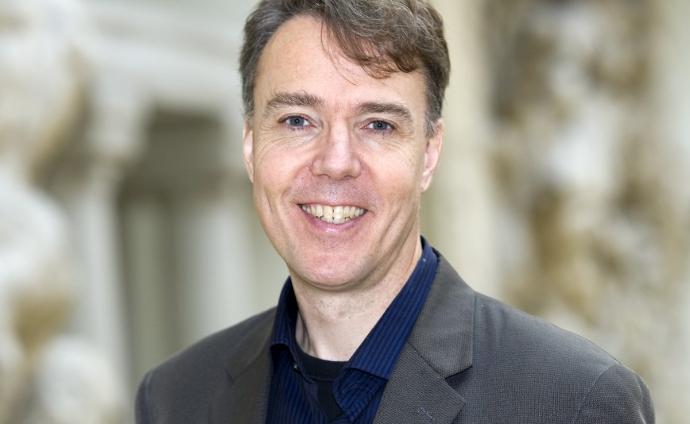
Hans-Joachim Voth
Switzerland
Professor of Economics and Scientific Director, UBS Center for Economics in Society, University of Zurich. Voth’s research interests include Cultural Economics, Long-Run Growth, Sovereign Debt, Asset Market Volatility, Living Standards, and Labor Supply. His work has been published in four of the top 5 journals in economics, as well as in books and field journals.
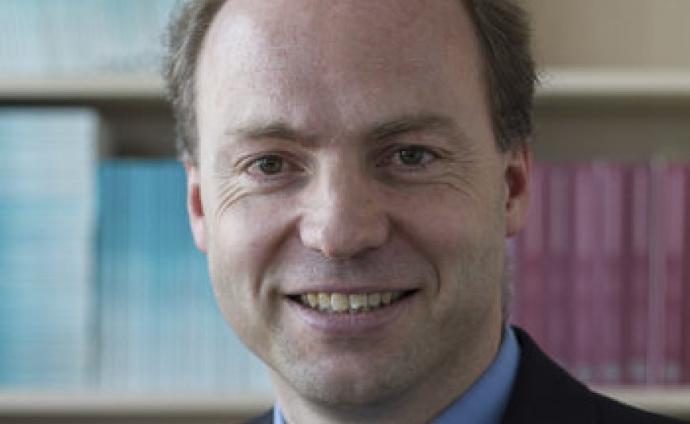
Matthias Sutter
Germany
Director at the Max Planck Institute for Research on Collective Goods, Professor of Experimental Economics at the Universities of Innsbruck and Cologne. Sutter is one of Europe’s most well-known researchers on the subject. His research focuses heavily on group decision making and the question of how economic decision-making behaviour changes in adolescence.
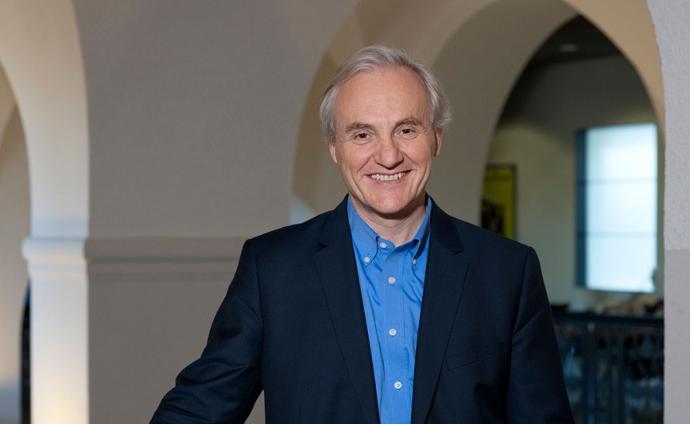
Ernst Fehr
Switzerland
Professor of Microeconomics and Experimental Economics. Fehr is director of the Department of Economics at the University of Zurich and a member of the board of directors of FehrAdvice & Partners. The “most influential Swiss economist” (NZZ) was recipient of the Gottlieb Duttweiler Prize in 2013.
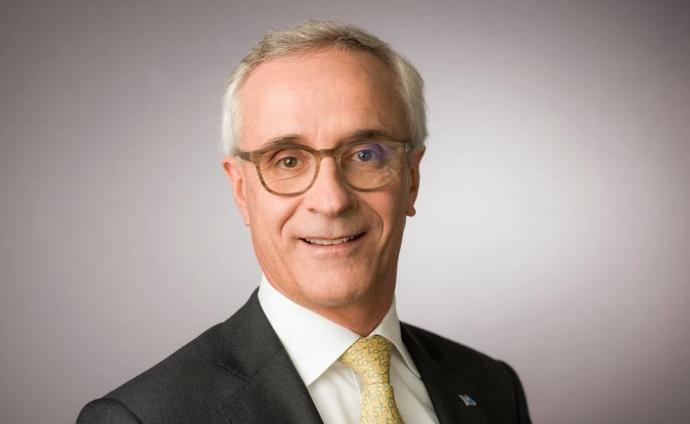
Robert Wagner
Switzerland
Chief Operating Officer and Member of the Executive Board, Credit Suisse.
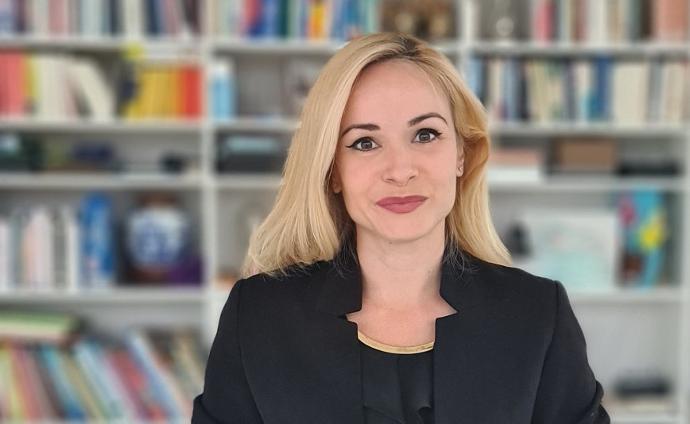
Marina Weilenmann
Switzerland
Director and Head of Change Portfolio Management, Credit Suisse. Weilenmann has got more than 12 years of experience as a qualified professional and leader in the areas of management, strategy, risk, regulatory & compliance, operations and project management in Zurich and London.
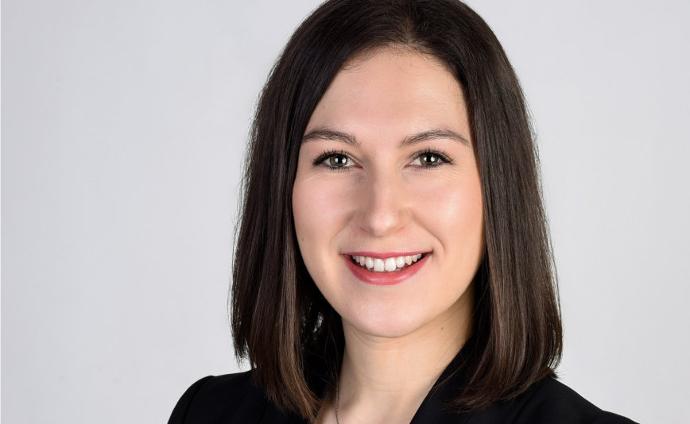
Elena Narciss
Switzerland
Assistant Vice President in Change Projects, Credit Suisse. Narciss has worked on a number of global projects, such as the bank's transition to newer, more agile and hybrid ways of working.
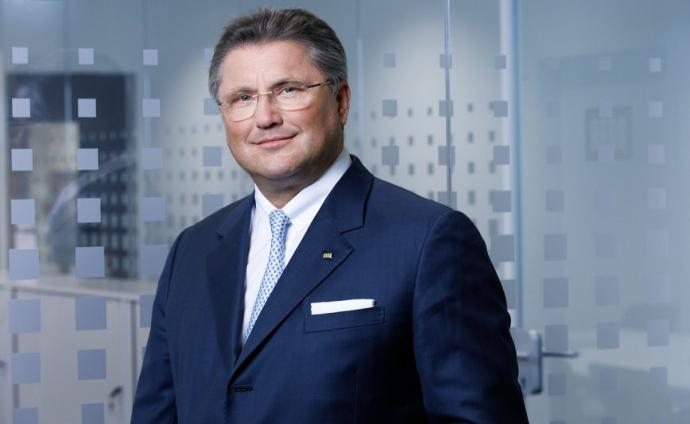
Karl Heinz Strauss
Austria
CEO, Porr AG, one of the largest Austrian construction companies, which is internationally active in all sectors of the building industry. Strauss was ranked tenth on the list of the most influential Austrian managers by the Austrian magazine "Industriemagazin" in 2020.
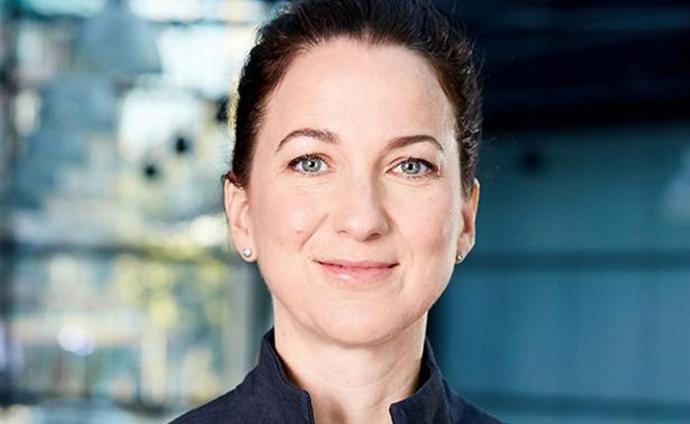
Birgit Wagner
Austria
Head of Corporate Development at Porr, one of the largest Austrian construction groups. Wagner is also the managing director of Strauss Property Management. The economist and property trustee has more than 20 years of top management experience at ÖBB, Telekom Austria and Nokia Austria, among others.
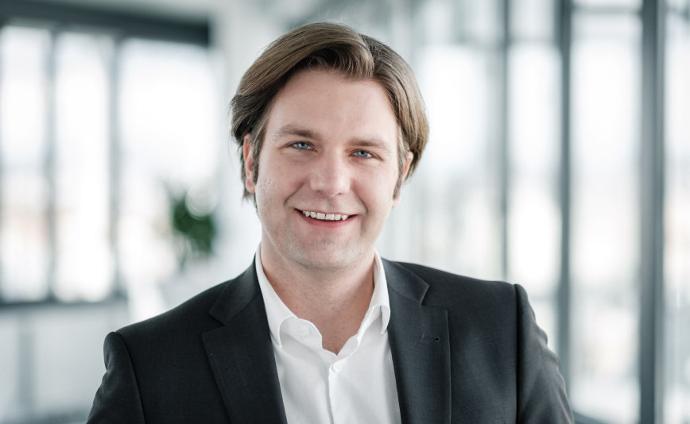
Mario Rauch
Austria
CEO, Jö Bonus Club. The multi-partner programme across retailers and industries combines all bonus systems in Austria in one customer card.
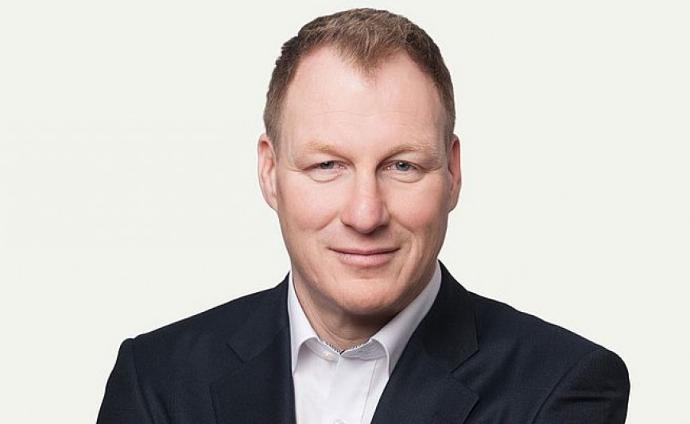
Gerhard Fehr
Switzerland
CEO and Executive Behavioral Designer at FehrAdvice & Partners. Fehr advises politicians, board members, CEOs and top managers of large companies. Fehr graduated from the University of Vienna with a degree in business administration and has more than 10 years of management experience.

Lukas Jezler
Switzerland
Lukas Jezler, CEO of the GDI Gottlieb Duttweiler Institute for consumption, economic and social studies, Rüschlikon/Zurich.
Moderator
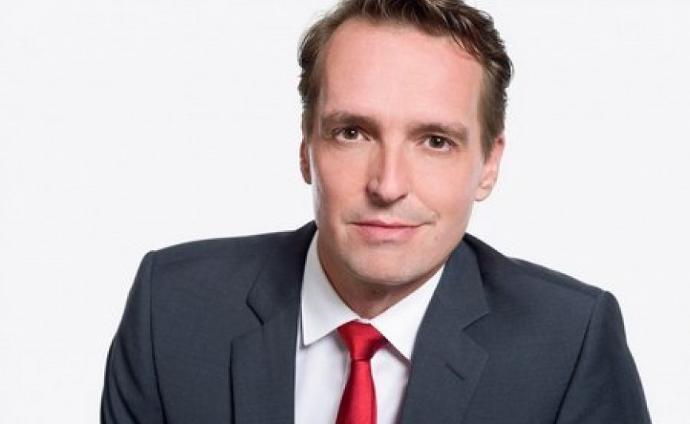
Florian Inhauser
Switzerland
Journalist and moderator. Florian Inhauser presents the main newscast at Swiss Broadcasting Corporation, SRF and he is also the anchor of the foreign news magazine «#SRFglobal». With a master in history and anglistics he speaks English fluently. He has also an excellent reputation as an international correspondent, covering conflicts and crises around the globe.
Evening moderator
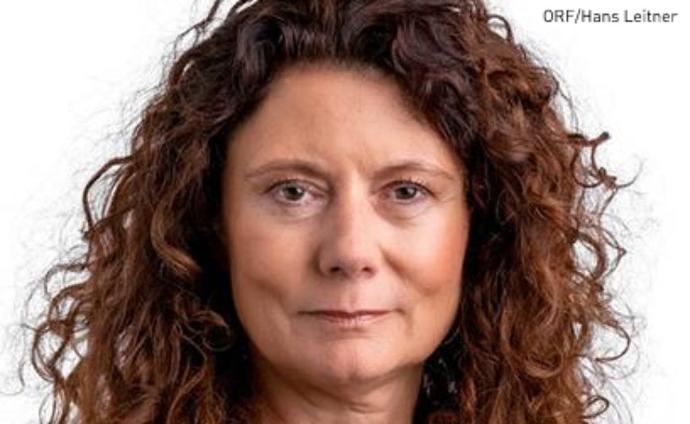
Marion Flatz-Mäser
Switzerland
Correspondent Switzerland and Liechtenstein, ORF (Austrian Broadcasting Company)
Programme
09.30
Welcome coffee
10.00
Introduction
10.15
Block 1: Leadership & Management in the post-pandemic world: Perspective taking as a tool for leadership and transformation
Matthias Suter and Gerhard Fehr
Perspective Taking – eine Einordnung
Warum Perspective Taking der wesentliche Skill für Leader und Manager in einer von Unsicherheit geprägten Welt ist – und welche Tools Sie dafür kennen lernen werden
Raffaella Sadun
Setting good leaders apart:The C-Suite Skills That Matter Most
Why social skills set good leaders apart
Birgit Wagner
Erfolgreiche Transformation in der post-pandemischen Welt
Erfahrungen aus der strategischen Transformation – wie Perspektivwechsel das Gelingen strategischen Wandels enablet
11.30
Coffee break
12.00
Marina Weilenmann and Elena Narciss
Towards new Ways of Working: Evidenz aus der Implementierung neuer Formen der Zusammenarbeit
Wie systematischer Perspektivwechsel eine der zentralen Herausforderungen der post-pandemischen Welt zu lösen hilft
Robert Wagner, Karl Heinz Strauss, Matthias Sutter, Raffaela Sadun
Panel-Diskussion: Was bedeutet Leadership in der post pandemischen Welt, welche Herausforderungen kommen auf uns zu – und was müssen wir berücksichtigen, um diese zu bewältigen?
13.00
Break
14.30
Block 2: Evidence-based strategy: How experiments and intuitive tools to take others' perspectives secure the strategic competitive advantage in the post-pandemic world
Felix Oberholzer-Gee
Intuitive Strategy Design: Setting Strategy In A Turbulent World
Neue Herausforderungen erfordern neue Strategien – Tools zum kreativen Perspektivwechsel für die strategische Positionierung
Sule Alan und Gozde Corekcioglu
Creating strategic advantage through systematic perspective taking
Proven tools to systematically implement perspective-taking in interdisciplinary teams – evidence from Turkey
Mario Rauch
Experimentierfähigkeit und das gemeinsame Lernen mit Kund:innen als Grundlage für das Strategie-Design
Systematischer Perspektivwechsel durch Experimente als Grundlage für die kundenzentrierte strategische Weiterentwicklung
16.00
Coffee break
16.30
Felix Oberholzer-Gee, Sule Alan, Mario Rauch
Panel-Diskussion: Strategische Positionierung in der post-pandemischen Welt – wie können wir systematisch die Perspektive erweitern, KundInnen, Mitarbeitende und Zulieferer integrieren, um die Strategie weiterzuentwickeln?
Hans-Joachim Voth
Where to go from here – Perspektiven und Herausforderungen in der post-pandemischen Welt
Neue Herausforderungen am Horizont – und wie uns Erfahrungen aus der Vergangenheit helfen, mit diesen umzugehen
17.45
Apero
18.15
Dinner start
19.30
Ernst Fehr
Mit Perspective Taking neue Wege beschreiten – Ernst Fehr im Dialog
Wie Tools des Perspective Taking helfen, Möglichkeiten zu erkennen und systematisch neue Wege zu beschreiten: Erfahrungen aus der Praxis eines Pioniers seines Faches und Scientific Entrepreneurs
21.00
End
Information
Date
4 May 2022
Language
German/English (no simultaneous translation)
Covid-19
Die Academy of Behavioral Economics soll als Präsenzveranstaltung stattfinden. Sollten verschärfte Anti-Covid-Massnahmen die Teilnahme verunmöglichen, werden wir uns selbstverständlich kulant zeigen.
Changes to the programme
The programme is subject to change. If an event does not take place, fees will be refunded. Further claims are ruled out.
Sign-out
If you are unable to attend, please let us have your cancellation in writing. The fee will be reimbursed on cancellation thirty or more days before the event. After this term and until five full working days prior to the event we will charge 75% of the fee. In the event of later cancellations we will charge the full participation fee. Substitute participants welcome.
Hotel reservation
Hotel Sedartis, Thalwil: info@sedartis.ch
Hotel Belvoir, Rüschlikon: info@hotel-belvoir.ch
Transport
From Zurich Airport
By taxi you can reach the GDI and the conference hotels in around 45 minutes at a price of around CHF 100, depending on the traffic situation. The S-Bahn will take you quickly and comfortably to Zurich and Thalwil station.
Luggage
You are welcome to leave your luggage at the GDI information desk.
Parking
Für directions by car we published on our website a Directions will be provided. The parking deck is a 5 minute walk from the GDI, on Zürcherstrasse 4, 8803 Rüschlikon. A free parking ticket will be handed out at our front desk.
Venue
Fees
Full price CHF 1490 (from 5 March 2022)
20% early bird special 1190 CHF (until 4 March 2022)
If you are unable to attend, please let us have your cancellation in writing. The fee will be reimbursed on cancellation thirty or more days before the event. After this term and until five full working days prior to the event we will charge 75% of the fee. In the event of later cancellations we will charge the full participation fee. Substitute participants welcome.
Documentation
Pictures
Here you will find pictures of the Academy of Behavioral Economics in a Gallery.
Interviews
Testimonials
About the Academy of Behavioral Economics
The Academy is aimed at decision-makers, thinkers and consultants working in economics, politics and society. And it is organised in cooperation with Fehr Advice The Academy of Behavioral Economics offers a unique arena in which to discover the latest exciting research findings from top international behavioral economists and discuss the impact of new technologies on your business, customers and employees with well-known politicians and economists. The Academy is also a hub for pioneers and new trends in behavioral economics and offers a platform for young, up-and-coming talents. The Academy is aimed at decision-makers, thinkers and consultants working in economics, politics and society. It offer insights into human behavior, which is only partially rational, and its role in and consequences for companies, markets and society.
Previous conferences
Location
GDI Gottlieb Duttweiler Institute
8803 Rüschlikon
Switzerland
